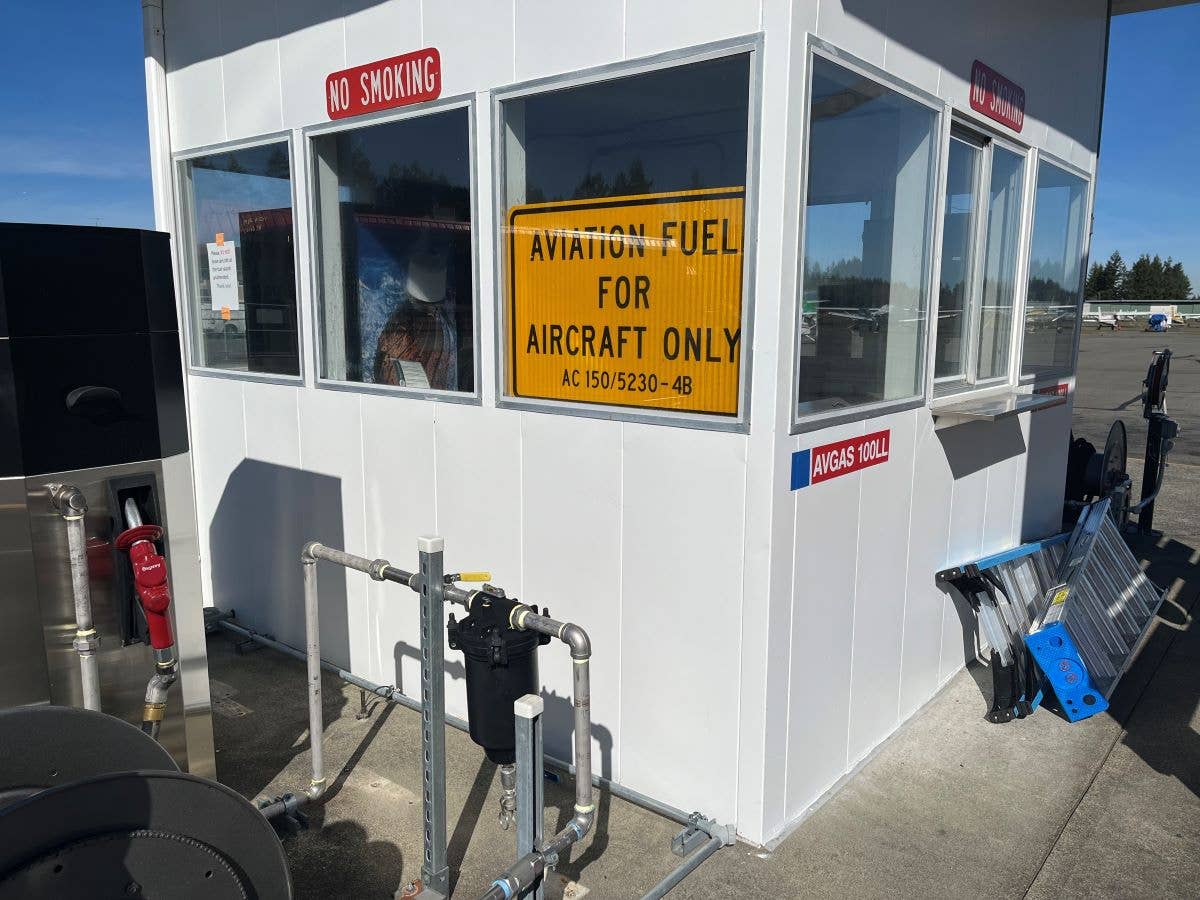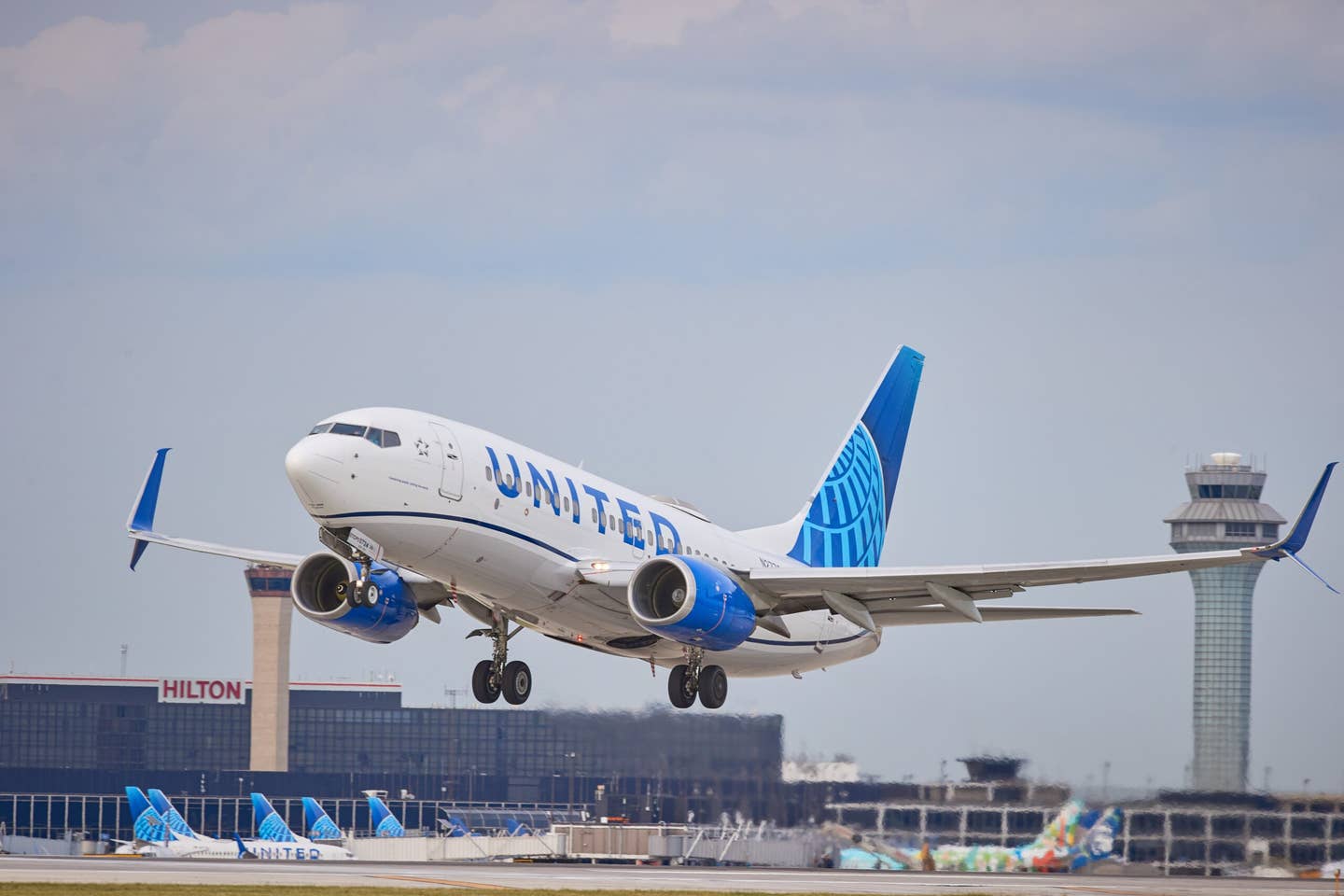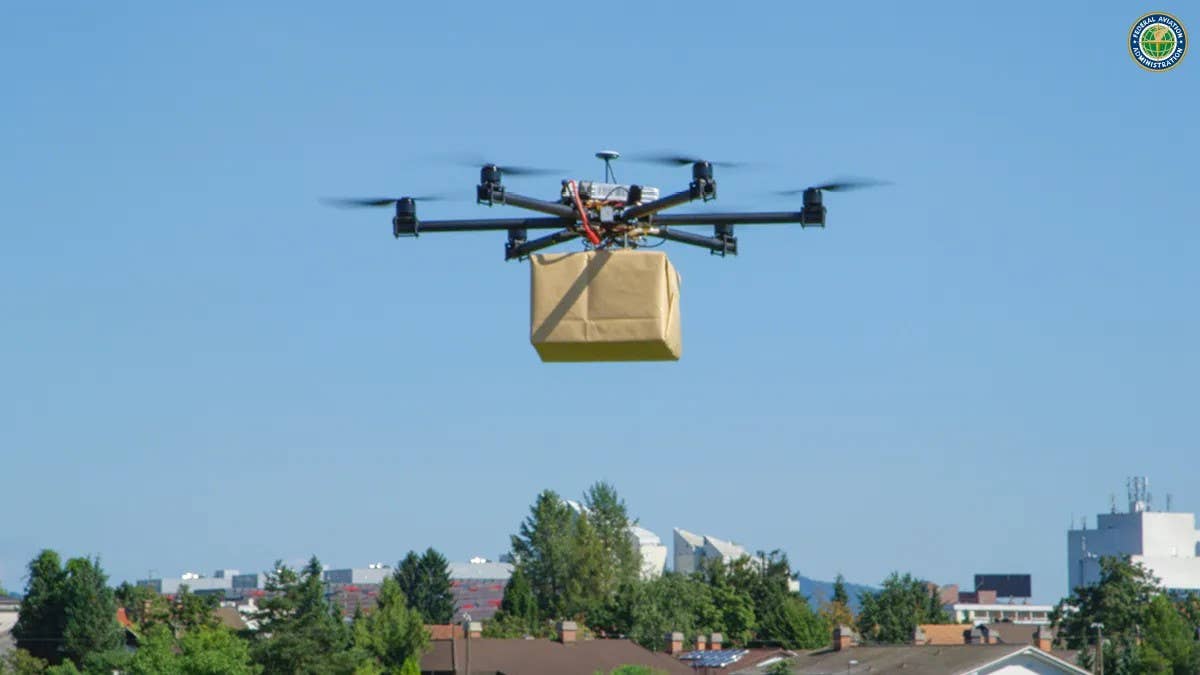Aviation Coalition Pushes Back on Biden Fuel Tax Hike Plan
Groups sound the alarm about the government budget plan that they believe would harm U.S. aircraft-related businesses.

A coalition of aviation industry groups is pushing back on a proposal to increase the federal tax on jet fuel. [Courtesy: Meg Godlewski]
A coalition of aviation industry groups is raising the alarm about a government proposal to increase the federal tax on jet fuel fivefold for business jet operators over the next five years.
President Joe Biden’s 2025 budget proposal would boost the current tax of 22 cents per gallon to $1.06 by 2030, raising an estimated $1.1 billion over the five years. The administration states business aircraft account for 7 percent of FAA airspace workload, but at the present time the current fuel tax only covers 1 percent of the revenue for the federal trust fund for aviation and airports.
The proposal also includes a major funding increase for the FAA, including money to hire 2,000 air traffic controllers.
According to a background source on Biden's recent State of the Union address, the administration wants to make private jet operators “pay their fair share.” In the speech itself Biden said he wanted “end tax breaks for big pharma, big oil, private jets, massive executive pay.”
A coalition of aviation industry groups, however, is pushing back, contending the proposal is draconian and lacks supporting data to justify an increase that would prove detrimental to the small and midsize businesses that rely on business jets.
In a letter sent to Congress on Thursday, leaders of the Aircraft Owners and Pilots Association (AOPA), Experimental Aircraft Association (EAA), General Aviation Manufacturers Association (GAMA), International Association of Machinists and Aerospace Workers (IAM), National Air Transportation Association (NATA), National Business Aviation Association (NBAA), NetJets Association of Shared Aircraft Pilots (NJASAP), and Vertical Aviation International (VAI) outlined their concerns with the plan.
"According to a 2018 Harris Poll, 85 percent of companies relying on an airplane to meet their transportation challenges are small and midsize enterprises," the aviation coalition said. "The passengers aboard a business airplane are typically technicians, midlevel managers and customers, not C-suite executives."
The Biden administration's budget plan also seeks to modify the depreciation schedule on purchased aircraft from five to seven years to match it to the depreciation schedule of commercial airline aircraft.
"It is incongruous to compare the extensive aircraft fleet owned by a commercial airline and offered to the full marketplace for commercial service to the one or two planes owned by a company of a different industry with a different business model," the coalition said, noting the five-year cost recovery rule applies to many other business assets.
"Reclassifying noncommercial aircraft without a broader look at all depreciation rules lacks valid policy rationale, would upset decades of sound legal precedent, and would negatively impact American businesses' access to capital, job creation, and growth opportunity."
The policy and regulatory proposals from the administration would harm business aviation, which also encompasses nonprofit agencies, agriculture, emergency response and air ambulance services, and law enforcement and government agencies, according to the aviation groups.
"These vehicles facilitate efficient mobility for businesses to create jobs throughout our nation, particularly in communities underserved by commercial service," the groups said.

Subscribe to Our Newsletter
Get the latest FLYING stories delivered directly to your inbox






